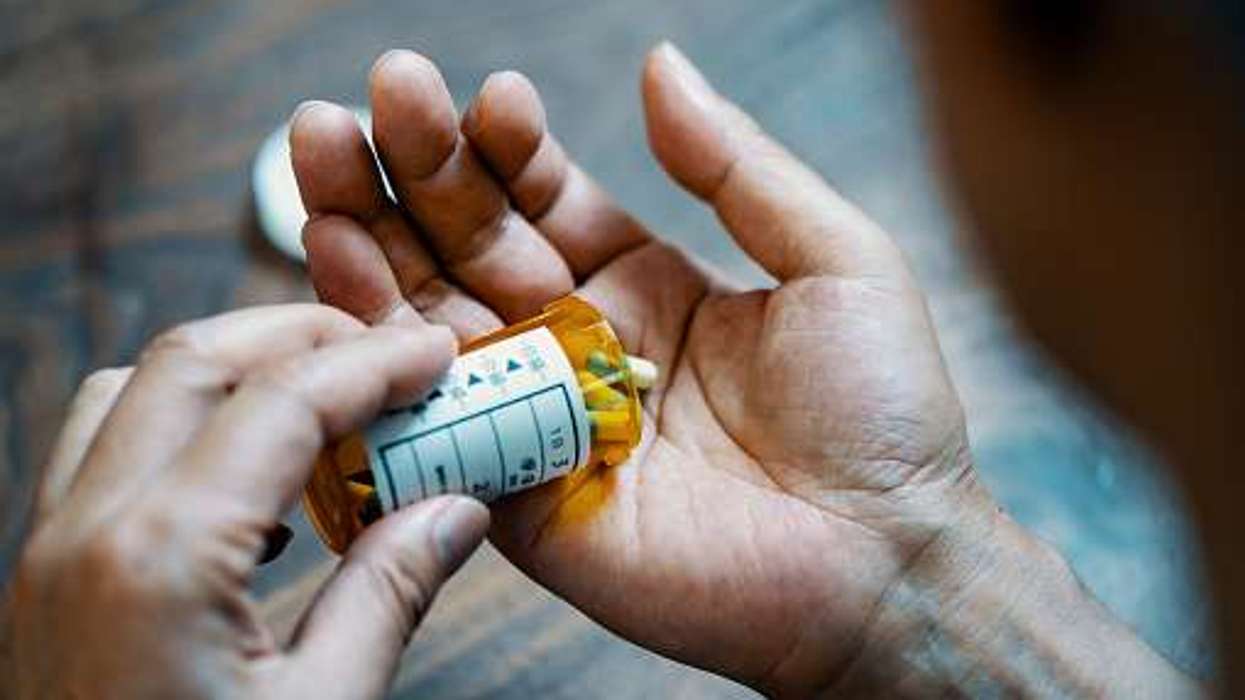This new approach is expected to prevent 4,500 unnecessary A&E attendances over the next two years
NHS England is rolling out a range of tech and data solutions, including an artificial intelligence (AI) system, across the health service to tackle winter pressures.
The AI system will be used to identify patients at risk of hospital admission so community NHS teams can get to them first and reduce pressures on A&E departments.
On a trial basis, four GP practices in Somerset have started using the innovative technology which can highlight registered patients with complex health needs.
Health coaches, nurses, or GPs will then reach out to the people most at risk, and provide them with a range of preventive care such as monitoring, food parcels, cleaning, shopping, as well as escalating care to specialist doctors.
For example, AI linked to electronic sensors on kettles and fridges is helping spot changes in patients’ eating and drinking habits in Buckinghamshire.
Patients with health needs are then contacted by a non-clinical Onward Care team, which is able to solve 95 per cent of their issues or escalate anything clinical.
However, patients can choose whether they want to benefit from these local, practical measures or not.
NHS chief executive, Amanda Pritchard, commented that NHS staff across the country are innovating every step of the way, maximising the use of “the latest technology and AI” to help patients and reduce the number of “avoidable” A&E attendances.
In some areas of Birmingham, the NHS is using an algorithm to predict the top five per cent at risk of potential hospital attendances or admissions.
Health staff reach out to these people and offer social care assessments, medication reviews or other social prescribing measures to avoid A&E admissions.
The scheme is expected to prevent 4,500 unnecessary A&E attendances, 17,000 overnight hospital stays, and free up 23,000 GP appointments over the next two years.
The new innovations are part of the winter preparations taken up by the NHS to ease the pressure from its staff across the country, as the latest data revealed that A&E departments and ambulance services experienced the busiest October this year.
Pritchard added that this suite of tech and data solutions are an “extra and welcome addition to our winter toolkit, with more call handlers and more beds already in place.”
The NHS is also running its annual 111 campaign across catch-up TV, radio, social media, reminding people to continue to use NHS 111 services when they need “urgent, but not life-threatening, medical advice.”













